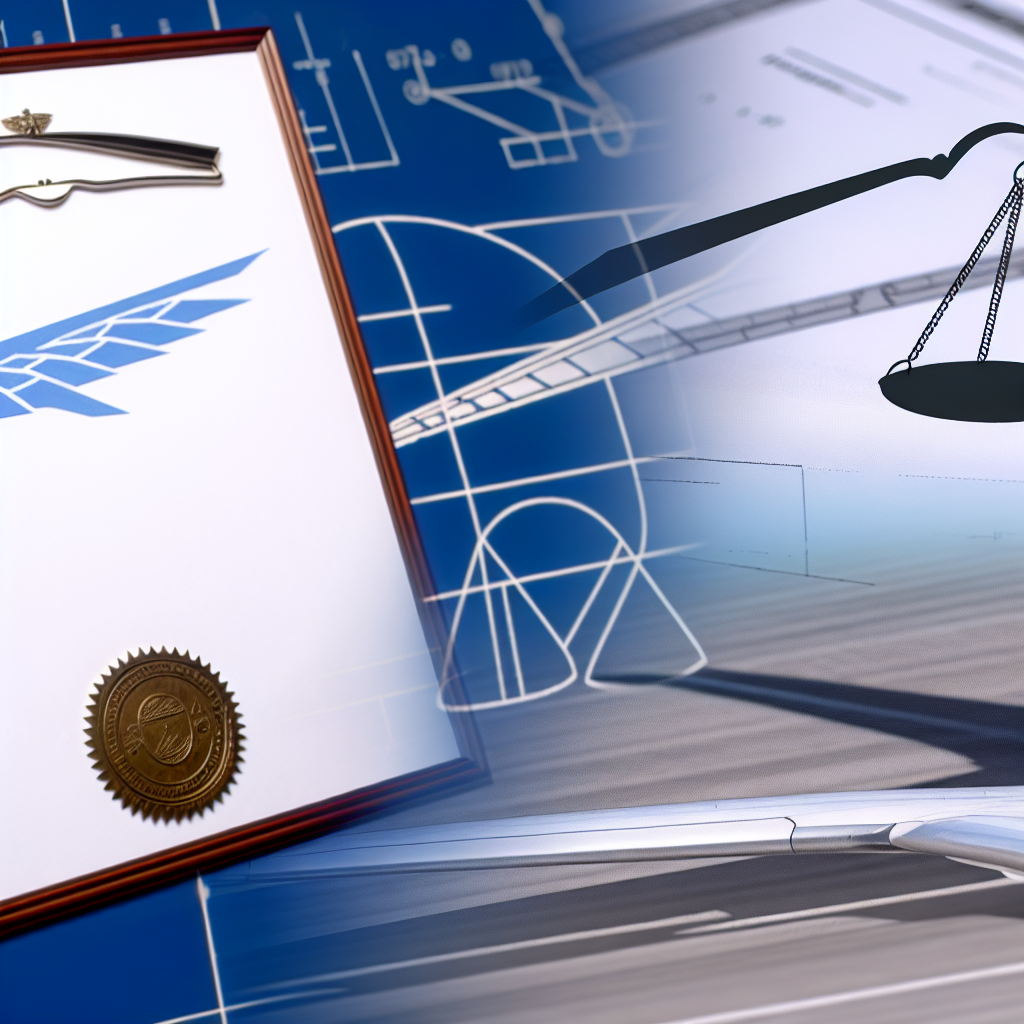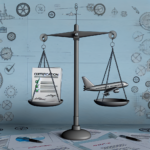SEATTLE- The American aerospace powerhouse, Boeing, has once again secured its ability to self-certify aircraft under the FAA’s Organization Designation Authorization (ODA). This critical decision follows the company’s recent admission of criminal fraud and has implications for aircraft certified for operations from major hubs such as Seattle-Tacoma International Airport (SEA).
The U.S. Federal Aviation Administration (FAA) has prolonged Boeing’s ODA by an additional three years. This allows the company’s internal engineers to validate design and production modifications on behalf of the FAA, despite heightened scrutiny regarding safety breaches and legal infractions, as noted by ViewfromtheWing.
The FAA’s decision to renew Boeing’s self-certification capabilities comes with enhanced oversight mechanisms, but critics contend this move contradicts the company’s current legal challenges.
The ODA program, which was introduced in 1956, permits companies to perform certain regulatory functions internally to expedite the certification processes for aircraft and components. Boeing’s size and engineering prowess have made it a key player in this program.
The agency emphasized that Boeing’s renewed self-certification powers are tied to “strict conditions and increased oversight,” incorporating onsite FAA inspectors, rigorous staff training, and comprehensive audits of delegated duties.
Such measures are designed to mitigate risks while ensuring efficiency in certifying aircraft like the 737 MAX and the 787 Dreamliner.
With around 40,000 engineers employed by Boeing compared to just 400 at the FAA, thorough federal oversight is logistically unfeasible. This imbalance helps explain the persistence of the ODA system, even as its effectiveness remains a topic of debate following past incidents.
A Legacy of Cultural Change and Controversy
Boeing’s evolution from an engineering-centric organization to a profit-driven company began with its merger with McDonnell Douglas in 1997. The former CEO Harry Stonecipher, who transitioned from McDonnell Douglas, asserted that the shift towards a financially-oriented culture was deliberate.
This shift generated a detachment between management and manufacturing operations. Boeing relocated its headquarters from Seattle to Chicago to take advantage of tax benefits and subsequently moved to Arlington, Virginia, to be closer to federal regulators and lawmakers.
Critics claim that this detachment has contributed to problems in product quality and has diluted the company’s engineering integrity.
Despite receiving significant government contracts and subsidies, particularly through the Export-Import Bank, Boeing’s financial outcomes have not markedly improved. The stock price remains stagnant at levels seen in 2017, lagging behind inflation and broader market growth.
Economic and Regulatory Interdependence
Boeing’s dependence on government relationships stretches beyond regulatory approvals. The U.S. government stands as its largest customer, and many foreign sales are supported by taxpayer-financed loans.
This dynamic reinforces the company’s political significance, complicating attempts to implement more severe penalties or revoke privileges such as the ODA.
The FAA’s decision highlights the agency’s limited resources and its practical need to harness Boeing’s internal expertise. However, it also brings to the forefront the difficulties in holding accountable a company with a checkered recent history regarding safety and compliance.
Quality Issues Undermine Long-Term Value
Boeing’s persistent quality challenges have compelled the company to provide substantial discounts to secure airline orders. Production delays, FAA inquiries, and airline feedback have further pressured its commercial aircraft sector.
Market performance serves as an indicator of these operational difficulties. Boeing has struggled to achieve the premium pricing or market loyalty associated with higher-quality products.
In the long run, prioritizing the delivery of safe, reliable, and innovative aircraft, rather than regulatory flexibility, will be crucial for restoring its reputation and shareholder confidence.
Stay tuned with us. Further, follow us on social media for the latest updates.
Join us on Telegram Group for the Latest Aviation Updates. Subsequently, follow us on Google News

Bhavya Velani is the Founder of Aviation A2Z. Bhavya started Aviation A2Z as a YouTube channel, developing unique and engaging content for aviation professionals. His passion lies in writing aviation blogs and creating compelling content. Founded in 2018, Aviation A2Z has rapidly expanded, attracting 1 million monthly visitors. Bhavya also contributes to various global publications, including Airways Magazine, AIRLIVE, AeroXplorer, and Travel Radar.
Based on an article from aviationa2z.com: https://aviationa2z.com/index.php/2025/06/02/faa-renews-boeings-self-certification-powers-despite-fraud/?utm_source=rss&utm_medium=rss&utm_campaign=faa-renews-boeings-self-certification-powers-despite-fraud



